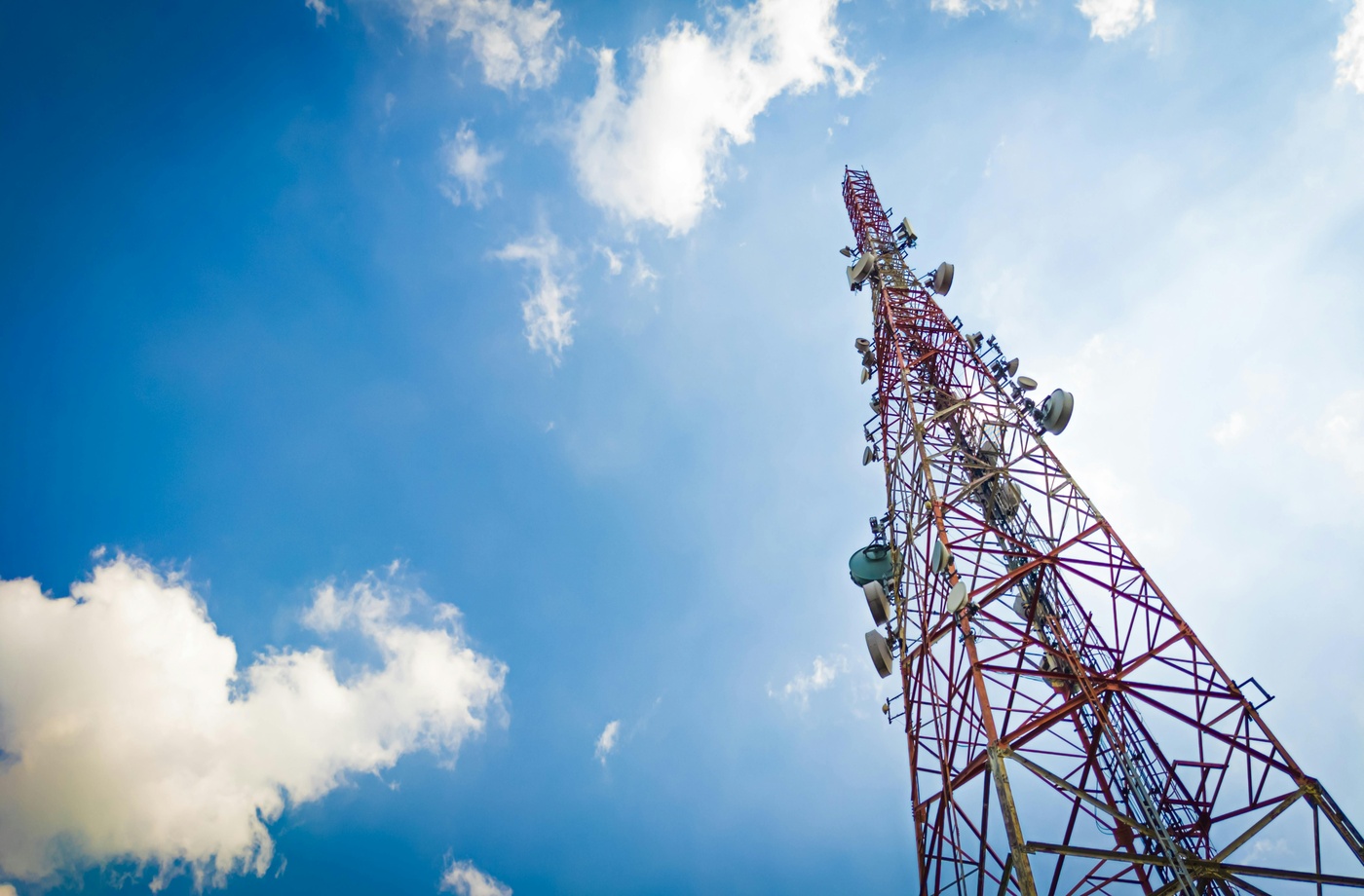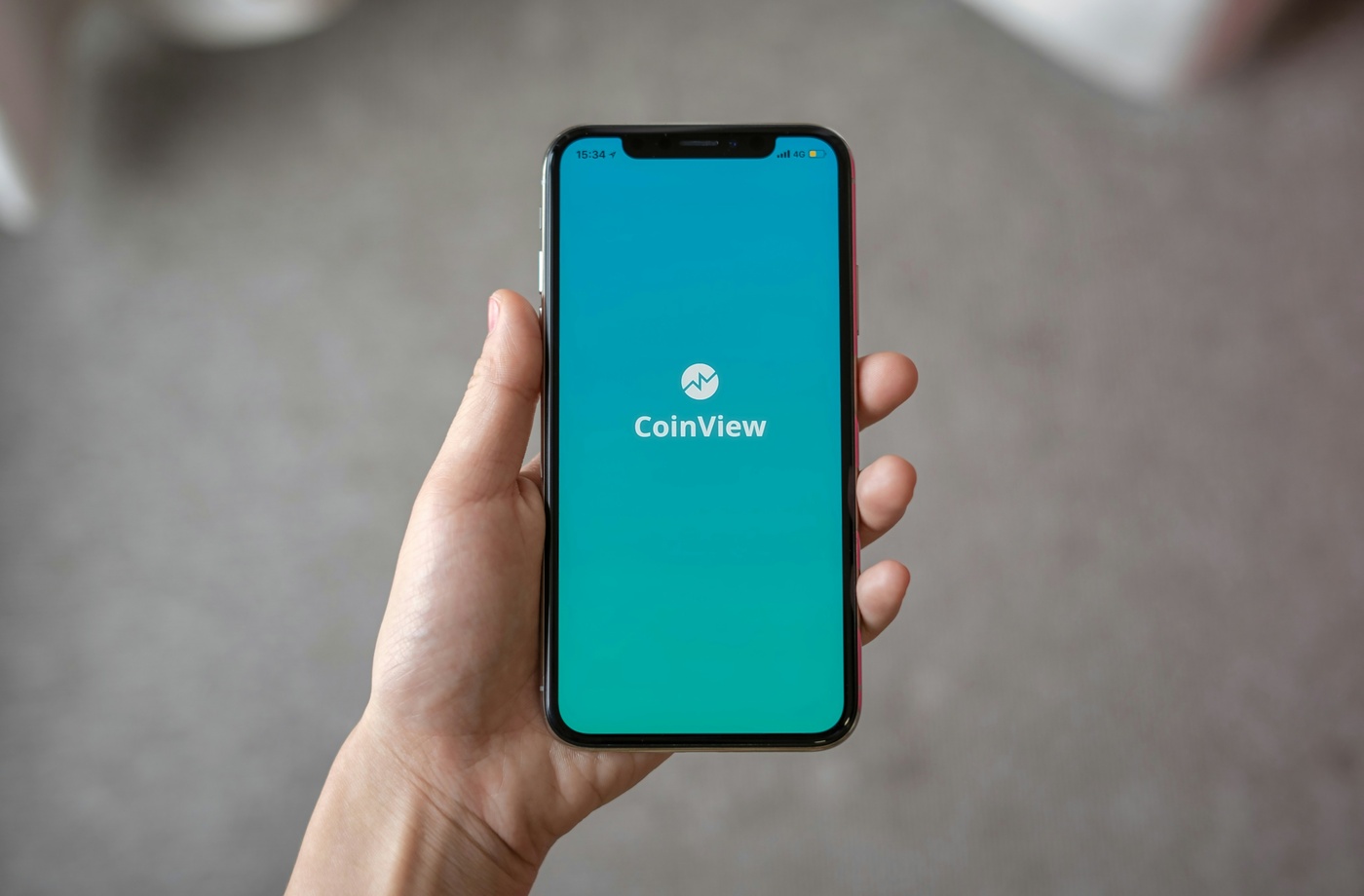As remote work, travel, and digital lifestyles become more common, mobile hotspot plans have grown in popularity. A mobile hotspot allows you to share your phone’s data connection with other devices like laptops or tablets, creating a portable internet solution. But are mobile hotspot plans worth the extra cost, or would you be better off sticking with a traditional home internet connection? Here’s a full breakdown to help you decide.
What Is a Mobile Hotspot Plan?
A mobile hotspot plan provides a dedicated allotment of data that can be used to connect other devices to the internet through your smartphone or a standalone hotspot device. Some carriers include hotspot data in regular mobile plans, while others offer separate hotspot-specific plans with higher limits.
Major Carrier Hotspot Offerings
- T-Mobile: T-Mobile offers a range of mobile hotspot plans with standalone devices like the Inseego MiFi. Many of their unlimited plans also include 5GB to 50GB of high-speed hotspot data before throttling.
- AT&T: AT&T sells prepaid and postpaid hotspot plans, with options ranging from 15GB to 100GB of data. Their prepaid hotspot plans are particularly popular for travelers and RVers.
- Verizon: Verizon offers mobile hotspot data as part of unlimited plans and through Jetpack devices with standalone data plans. Verizon’s 5G network also enhances hotspot speeds for compatible devices.
Best Use Cases for Mobile Hotspots
- Remote Work: If you need reliable internet on the go for video calls, file uploads, or cloud access, a dedicated hotspot ensures you are not reliant on public Wi-Fi.
- Travel: Mobile hotspots are essential for travelers who need internet access in hotels, airports, or rural areas with limited public Wi-Fi.
- Backup Internet: A hotspot can serve as an emergency backup if your home internet goes down.
- RV and Van Life: Mobile hotspots offer internet access for full-time travelers or those living in remote areas without traditional broadband options.
When a Mobile Hotspot Makes Sense Over Home Internet
- Short-Term Needs: If you only need internet access for a few months, such as during a move or temporary remote work assignment, a hotspot plan can be more cost-effective than installing home broadband.
- Low Data Usage: If your internet needs are limited to basic browsing, emails, and occasional streaming, a hotspot with a moderate data plan might be enough.
- Portability: For users who frequently change locations, hotspots offer unmatched flexibility.
How to Save on Hotspot Costs with Fluz
Mobile hotspot plans can add up quickly—especially for users relying on them as a primary internet source. One way to offset these recurring costs is by using Fluz to purchase discounted gift cards for major carriers like T-Mobile, AT&T, and Verizon. You can apply these gift cards directly to your hotspot or phone bill and earn instant cashback, helping you stretch your monthly budget further without sacrificing coverage or speed.
Limitations of Mobile Hotspots
- Data Caps: Even “unlimited” plans often have soft caps where speeds are slowed after a certain threshold.
- Speed Fluctuations: Hotspot speeds depend heavily on network congestion and signal strength.
- Cost for Heavy Users: If you regularly stream HD video, attend video conferences, or download large files, data plans can become expensive quickly compared to traditional home internet.
Final Tip: Before choosing a hotspot plan, check carrier coverage maps, compare plan pricing, and calculate your average monthly data usage. Hotspots are an excellent option for many users, but heavy internet consumers may still be better off investing in a traditional broadband connection.



